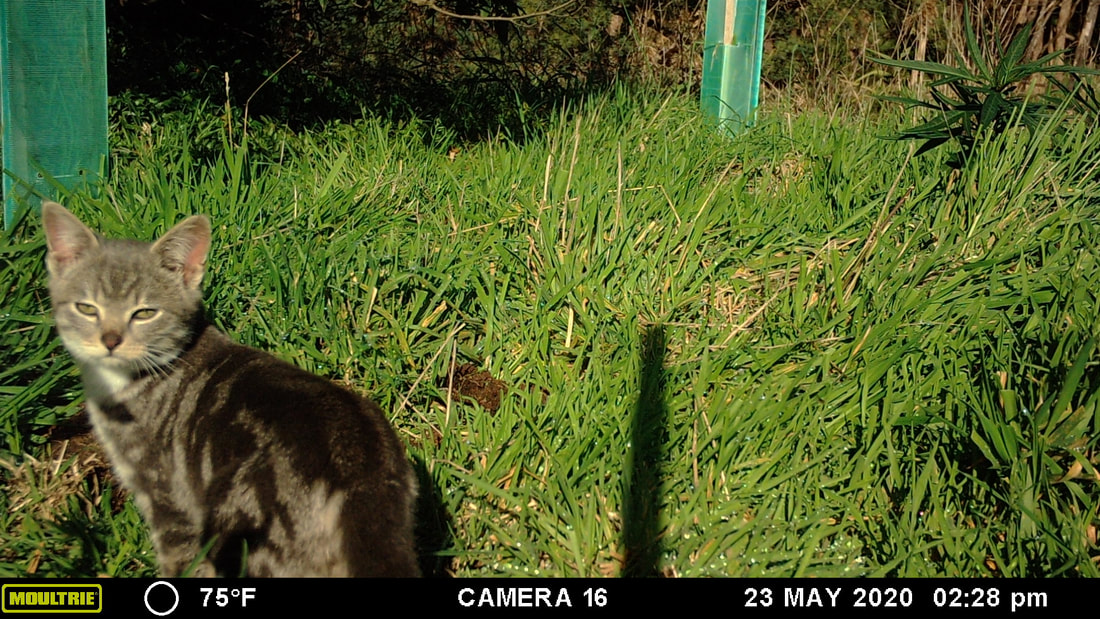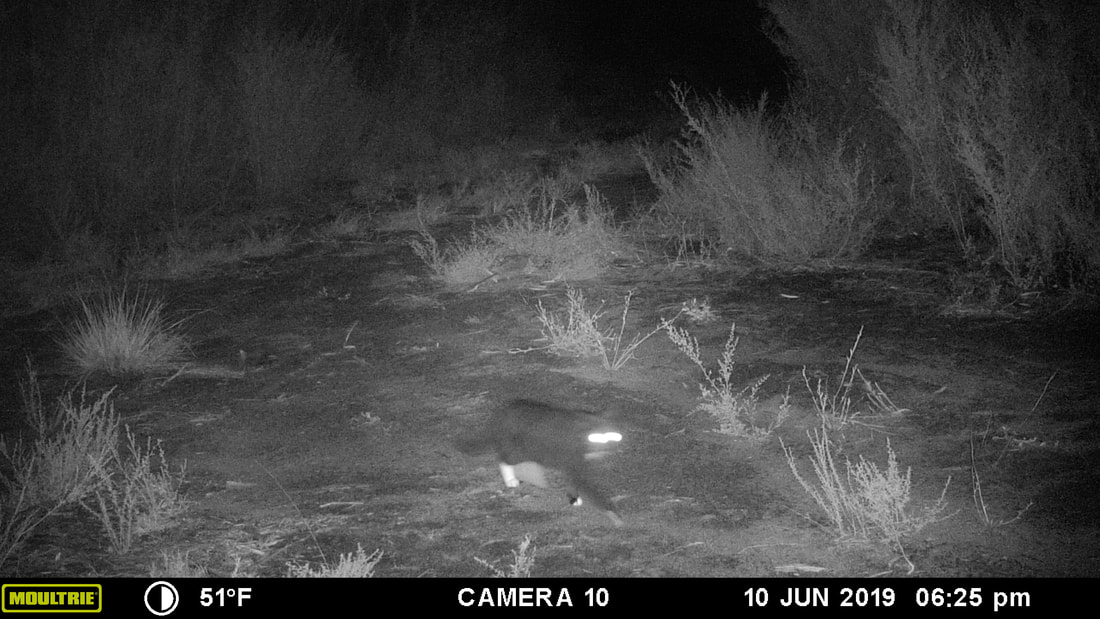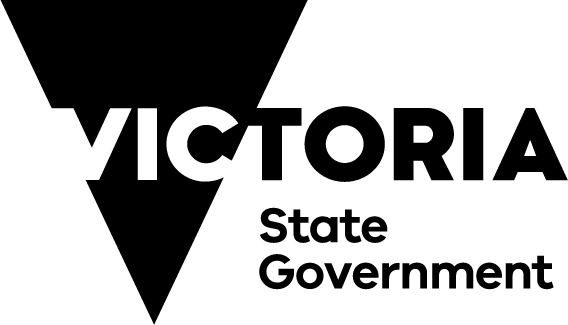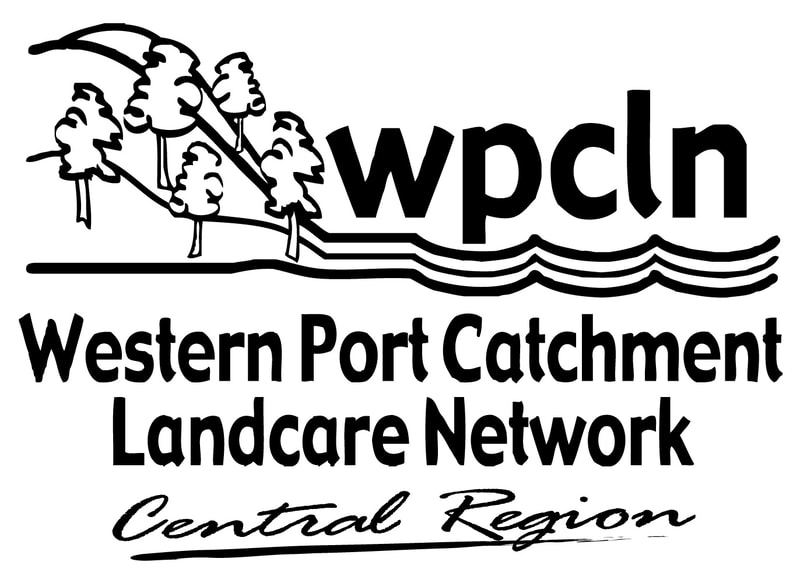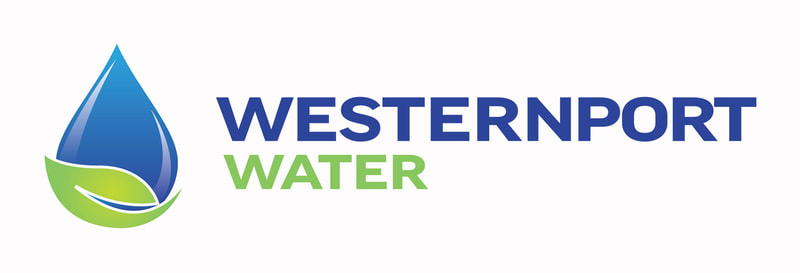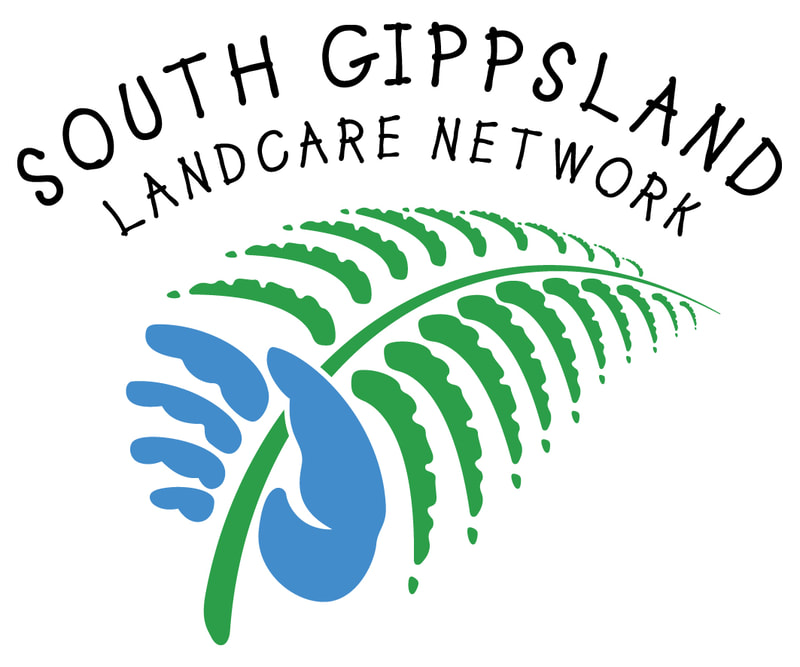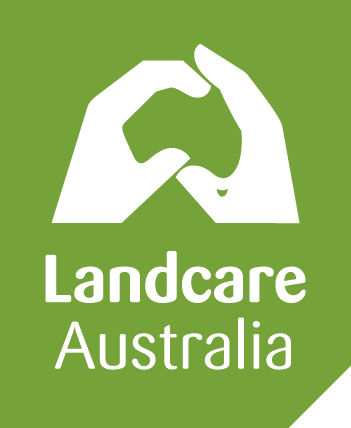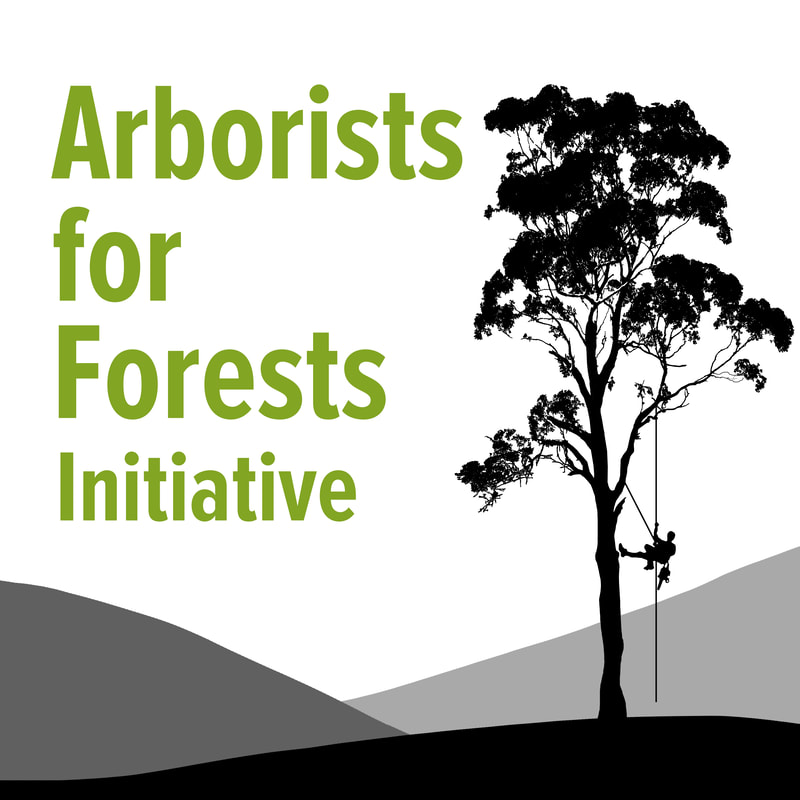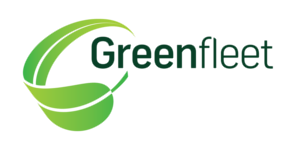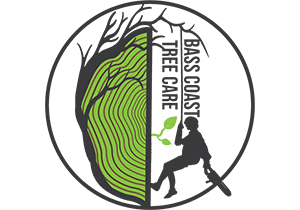|
Feral cats are present in most parts of Australia and are one of our most serious vertebrate pests. They were deliberately brought to Australia both as pets and as a control method for rats and rabbits. Feral cats differ from domestic cats in that they survive without the intervention of humans. They are successful predators of both our native species and introduced pests such as rabbits. They also have very high reproductive rates, likely reproducing for all their adult life.
Like foxes, eradication of cats on mainland Australia is near impossible. Hence, long-term control methods need to be used to reduce feral cat’s impact on our native fauna species. Feral cats threaten many native mammals, birds, reptiles, and insects, including a number of endangered species. Feral cats do not generally predate on livestock but can impact livestock through transmission of diseases. In Victoria, cage traps can be used to capture feral cats. Cages are baited and placed in an appropriate location. Any feral cat that is caught is then euthanized. There are a number of innovative methods currently being trialled in Australia to aid in our battle against feral cats and hopefully will be available for use in the future. If you would like to inquire about feral cat control on your property, please fill out the form below. |

